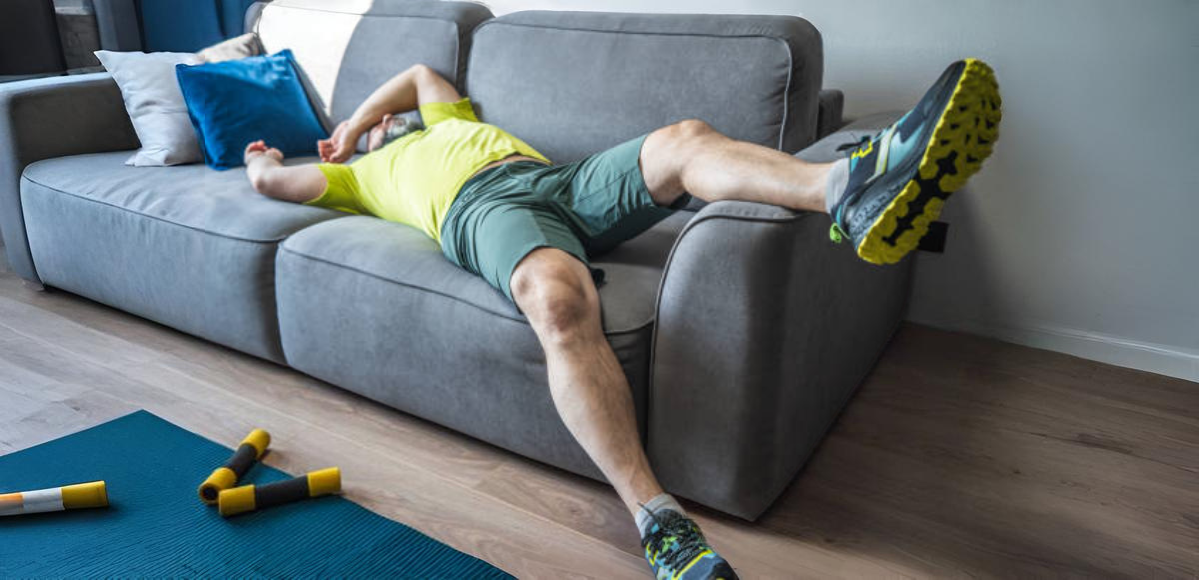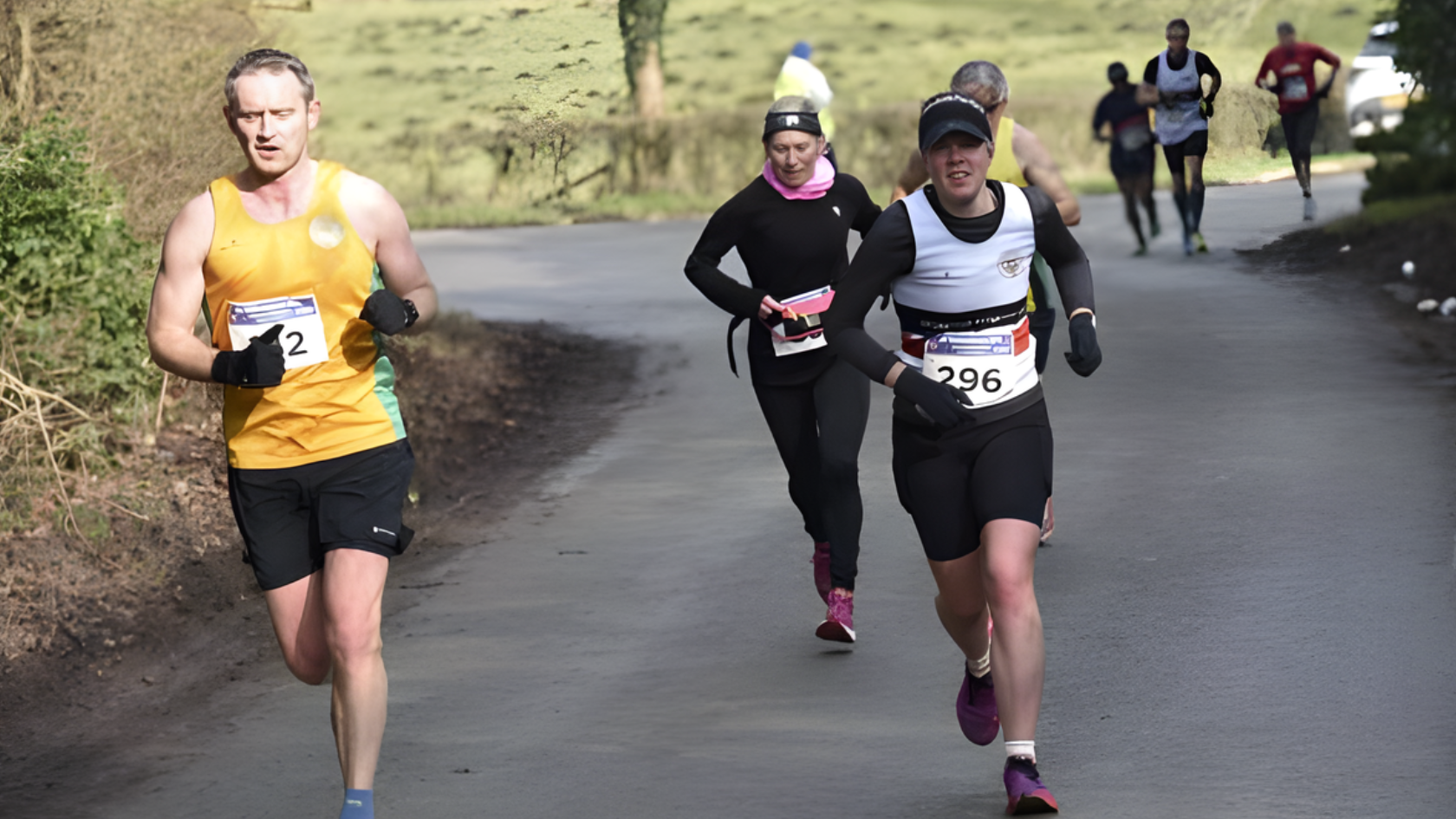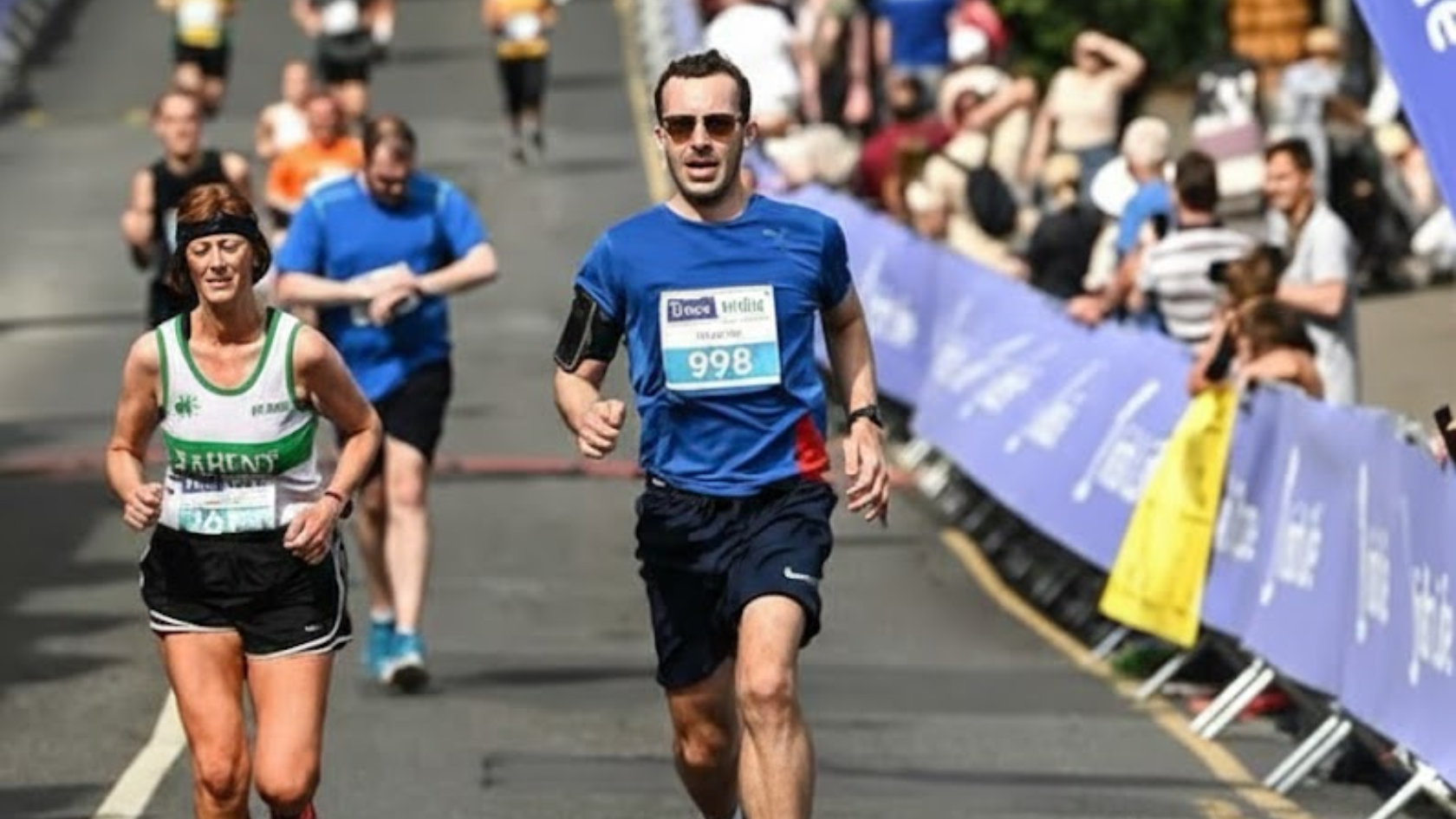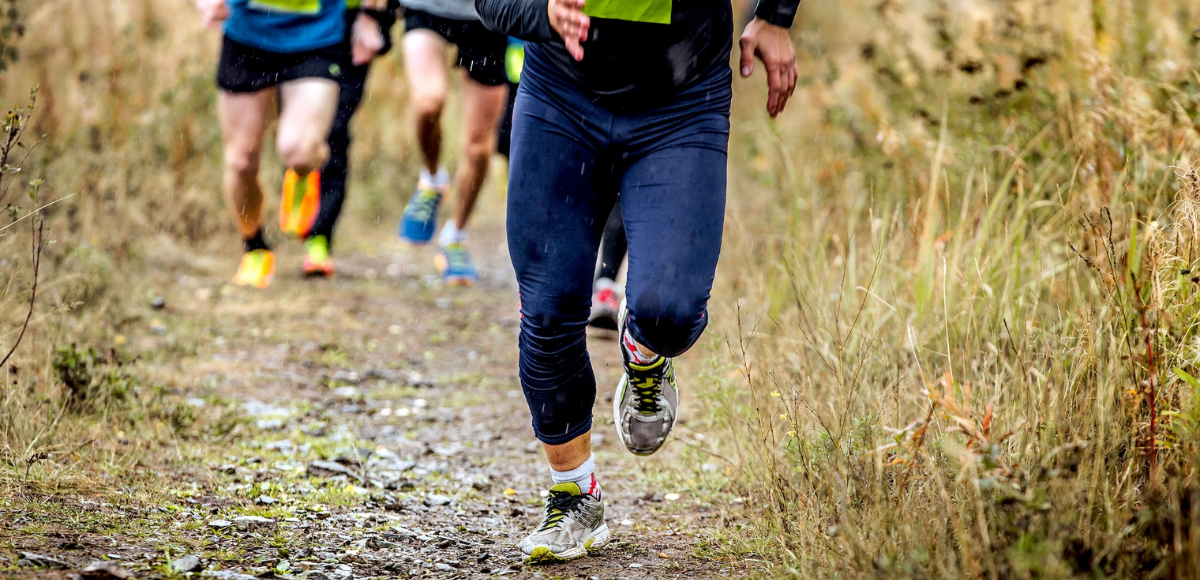Marathons
A Week Later and I Can Just About Walk: The Seven Stages of Post Marathon Recovery

It has been seven days since the Dublin Marathon, and I am still walking like I have just dismounted a horse after a long shift on the Pony Express. The medal is on the table, the legs are useless, and my relationship with stairs has become purely theoretical.
The week after a marathon is a special kind of comedy. You go from heroic endurance athlete to someone who grunts when tying their shoes. It is an emotional and physical rollercoaster that nobody warns you about. So, for the benefit of those currently hobbling through life, here are the seven stages of post marathon recovery.
1. Denial
Sunday night, you are convinced it is not that bad. Sure, the legs are sore, but you tell yourself it is just tightness. You hobble around the kitchen making tea, smiling through the pain like a hero in a badly written war film.
You think, “I will go for a short recovery jog tomorrow. Keep the blood flowing.” You will not. You will spend tomorrow moving as if your hamstrings are made of old piano wire.
2. Pain
Monday arrives, and reality hits like a bus. Every movement hurts. Sitting hurts. Standing hurts. Your quads feel like someone replaced them with wet sand. Stairs are now a full body experience.
You tell people you are walking it off when in truth you are barely functioning as a mammal. Work colleagues give you a wide berth. You start using phrases like active recovery while Googling can I actually die from DOMS.
3. Pride
By Tuesday you have found your voice again. You begin every conversation with “I did the Dublin Marathon, by the way.” The barista does not need to know, but you tell them anyway.
You scroll through race photos and convince yourself that you look heroic, even though your expression clearly says existential crisis. You post one of the photos online with a modest caption that somehow mentions your finish time. It gets twelve likes and one fair play. You feel seen.
4. Reflection
Midweek brings a wave of nostalgia. You replay the race in your head, every water station, every hill, every swear word on Nutley Lane. You think about how far you have come and how the rain somehow made it even more memorable.
Then you remember how long it took you to walk from Merrion Square to the bus stop afterwards and start questioning your life decisions again.
5. Relapse
By Thursday the madness returns. The pain has eased slightly, which means you have already opened the laptop and typed spring marathons Ireland 2026.
You promise yourself it will just be a nice easy one. You look up flat courses and cheap hotels. You do not mention this to your family because they think you are still recovering, but deep down you know it is only a matter of time before you hit enter.
6. Hunger
Friday arrives and you realise your appetite never left. You have been eating like a man preparing for hibernation. You are now on your third dinner of the day and seriously considering a fourth.
You tell yourself it is still recovery nutrition. It is not. It is gluttony with branding. But you have earned it. You trained for months, burned thousands of calories, and now the fridge is your reward ceremony.
7. Acceptance
By Saturday the body has started to resemble something human again. The stairs no longer feel like Everest. You can walk without people staring. You might even jog to the shop if nobody is looking.
And when you sit down with a cup of tea, medal still within reach, you realise that the madness was worth it. The pain, the blisters, the emotional trauma of Nutley Lane, all of it fades into something oddly beautiful.
You remember that feeling of turning onto Merrion Square, hearing the crowd, seeing the finish. You remember why you signed up in the first place. And you quietly accept that, yes, you will probably do it all again. Because for all the chaos that follows, nothing quite matches that moment when you cross the line.

Sharlene Mawdsley Set for 2026 Indoor Return in France Tomorrow Evening

Races You Can Still Enter This Weekend Ending Feb. 22nd

From Arkansas To Boston: Ireland's US Collegiate Stars Light Up Valentine's Weekend

Everything You Need To Know About The Fingal 10K

Why Your Hydration Strategy Might Wrong

Sick of the Same Loop? Here’s Why Hills & Trails Change Everything
